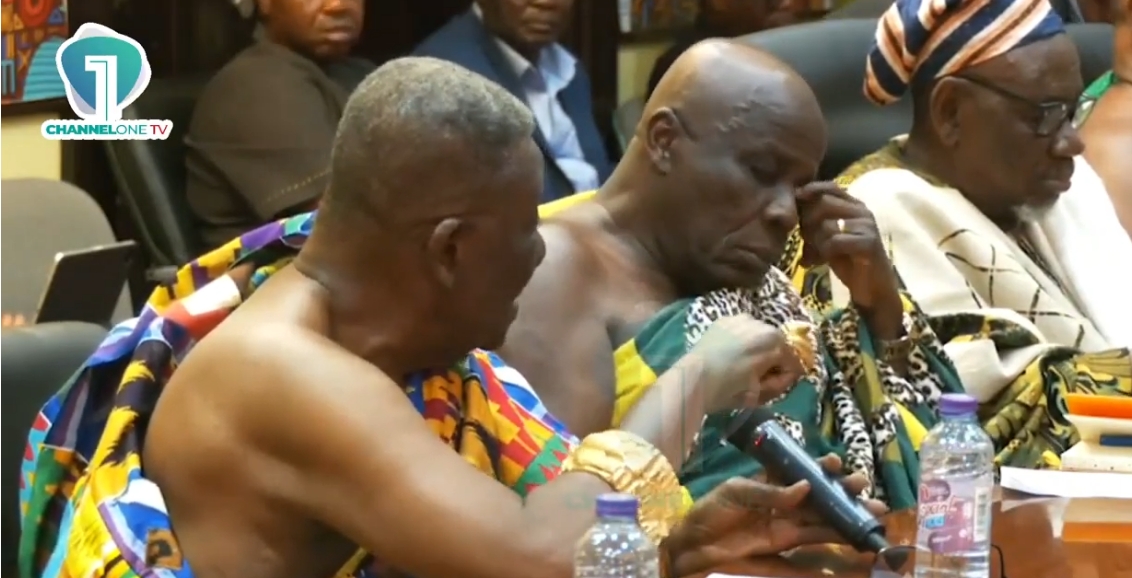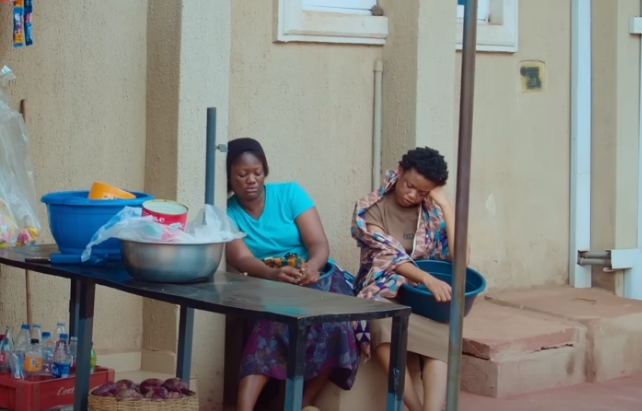As creatives, we live for those rare sparks of inspiration—the moments when a brilliant idea strikes and everything feels possible. In those early stages, enthusiasm runs high. You can’t wait to dive into a painting, script, film, or song. The vision is vivid, and the possibilities seem endless. The work feels exciting, and every step forward brings a sense of accomplishment.
But then, almost inevitably, the energy fades. What started as a thrilling creative journey begins to feel like a slog. The work becomes harder, the results seem distant, and you find yourself stuck in a frustrating cycle. Maybe you even abandon the project entirely, telling yourself you’ll come back to it when the spark returns. Perhaps you’ve scrolled through social media, hoping to rediscover inspiration in a viral TikTok edit or an inspiring YouTube video, only to realize that the motivation is fleeting.
If this sounds familiar, you’re not alone. Losing motivation is one of the most common challenges creatives face. But here’s the truth: creating consistently doesn’t have to depend on fleeting bursts of inspiration. The key to overcoming this cycle lies in shifting your mindset and adopting strategies that keep you moving forward even when inspiration is scarce.
In this guide, I’ll share two transformative insights that have helped me—and countless other creatives—break free from this pattern. By understanding the nature of creativity and redefining your approach, you can learn to create consistently, produce meaningful work, and build habits that sustain your artistic journey.
- The Creative Process is a Slow Burn: Results Take Time
One of the biggest reasons creatives lose motivation is the expectation of immediate results. We pour our hearts into a project, hoping for quick rewards—whether it’s the applause of an audience, a spike in followers, or a personal sense of accomplishment. When those rewards don’t materialize right away, it’s easy to feel like we’ve failed.
But the truth is, creativity doesn’t work that way. The effort you put in today rarely bears fruit immediately. Progress is gradual, and the results often show up long after the initial work is done. This delay between effort and outcome is a natural part of the creative process, yet it can be incredibly demotivating if you don’t understand it. - Think about the creative projects you admire:
That viral YouTube video you love? It likely started months earlier with countless hours of scripting, filming, and editing.
The breathtaking painting that captivates you? It’s the product of years of practice, failed attempts, and countless unseen sketches.
The bestselling novel that keeps you turning pages? It was built on a foundation of small, daily writing sessions that probably felt mundane at the time.
Our brains, however, crave immediate feedback. When we don’t see quick results, we lose the will to continue. It’s like planting a seed and digging it up the next day because we don’t see a sprout yet. But just because the growth isn’t visible doesn’t mean the work isn’t happening beneath the surface.
Practical Example: Let’s say you’re trying to grow your YouTube channel. You post a video and barely get any views. It feels like no one is paying attention, and you start doubting whether it’s worth the effort. But what if you reminded yourself that most successful creators started with tiny audiences? What if you treated each video as a stepping stone rather than an endpoint? By focusing on consistent uploads, improving your skills, and engaging with the viewers you do have, you lay the foundation for future success—even if the results take time to appear.
The key is to shift your perspective. Every brushstroke, paragraph, or frame you edit is building something greater than you can see in the moment. When the results feel far away, remind yourself: what you create today matters, even if the rewards aren’t immediate. - Redefine Your Creative Identity
Motivation isn’t just about external rewards—it’s deeply tied to how you see yourself as a creative. If you believe that you’re someone who can only work when inspired, that belief will shape your actions. You’ll procrastinate, jump from project to project, and avoid the hard work, waiting for inspiration to return.
But here’s the shift: you don’t have to wait for motivation. You can become the kind of person who shows up for their craft, even on the days when it feels like a grind. This transformation starts with small, consistent actions that prove to yourself that you’re capable of creating without relying on fleeting bursts of energy. - Here’s how to start:
Start Small: For the next two weeks, commit to 20 minutes of creative work every day. It doesn’t matter if you’re tired, uninspired, or doubting yourself—just sit down and create something, no matter how rough or incomplete it may be. For instance, if you’re a writer, spend 20 minutes freewriting without worrying about quality. If you’re an artist, sketch whatever comes to mind. The goal is to show up, not to be perfect.
Focus on the Process, Not the Outcome: These sessions aren’t about creating masterpieces. They’re about building a habit. Each time you sit down to work, you’re reinforcing the belief that you’re a disciplined, consistent creator. Over time, the process becomes second nature, and the results follow naturally.
Track Your Wins: After every session, write it down or check it off on a calendar. Over time, these small victories accumulate, creating visible evidence that you’re showing up for your craft. This simple act of tracking progress can be incredibly motivating, especially on days when the work feels tough.
Practical Example: Imagine you’re a filmmaker struggling to start a new project. Instead of trying to map out an entire script in one go, commit to spending 20 minutes each day brainstorming ideas or outlining scenes. By the end of two weeks, you’ll have a clearer direction—and more importantly, you’ll have proven to yourself that you can make progress even when inspiration is low.
When you redefine your creative identity, you stop seeing yourself as someone who needs motivation to create. Instead, you become a professional—someone who gets the work done regardless of how they feel.
The Long-Term Creative Journey
Motivation is fleeting. It comes and goes like the tide, and waiting for it is a recipe for inconsistency. The most successful creatives—the ones whose work truly resonates—aren’t the ones who rely on bursts of inspiration. They’re the ones who show up day after day, putting in the work even when it’s hard.
So the next time you feel like abandoning your project because the results aren’t immediate, remind yourself: creativity is a long game.
What you do today is planting seeds for tomorrow’s masterpiece.
Try the 20-minute experiment. Commit to creating every day for two weeks, no matter what. Treat it as a challenge, an adventure, or even a game to prove to yourself that you’re capable of consistency. And when it gets hard, remember: the work is hard because it’s worth it.
Practical Example: A painter might commit to sketching for 20 minutes daily, knowing that not every sketch will be a masterpiece. A musician might practice scales for 20 minutes, trusting that this foundation will eventually lead to a polished performance. Whatever your craft, these small, consistent actions build momentum and shape your identity as a disciplined creator.
Mastering the art of self-discipline doesn’t stifle your creativity—it amplifies it. It ensures that you’re consistently moving toward your goals, producing work that matters, and building a legacy as a creator who doesn’t just wait for inspiration—you create it.
You’re building something extraordinary. Keep going.













